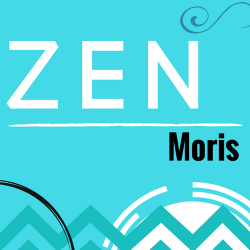This is the question asked by many of us for the past few months. People are considering whether to make COVID-19 vaccination mandatory in order to increase vaccination rates and achieve public health goals like preventing the spread of the disease and if so, under what conditions and context. The government and other institutions such …
Continue reading "Are vaccines the most effective tool to protect people from COVID-19?"


